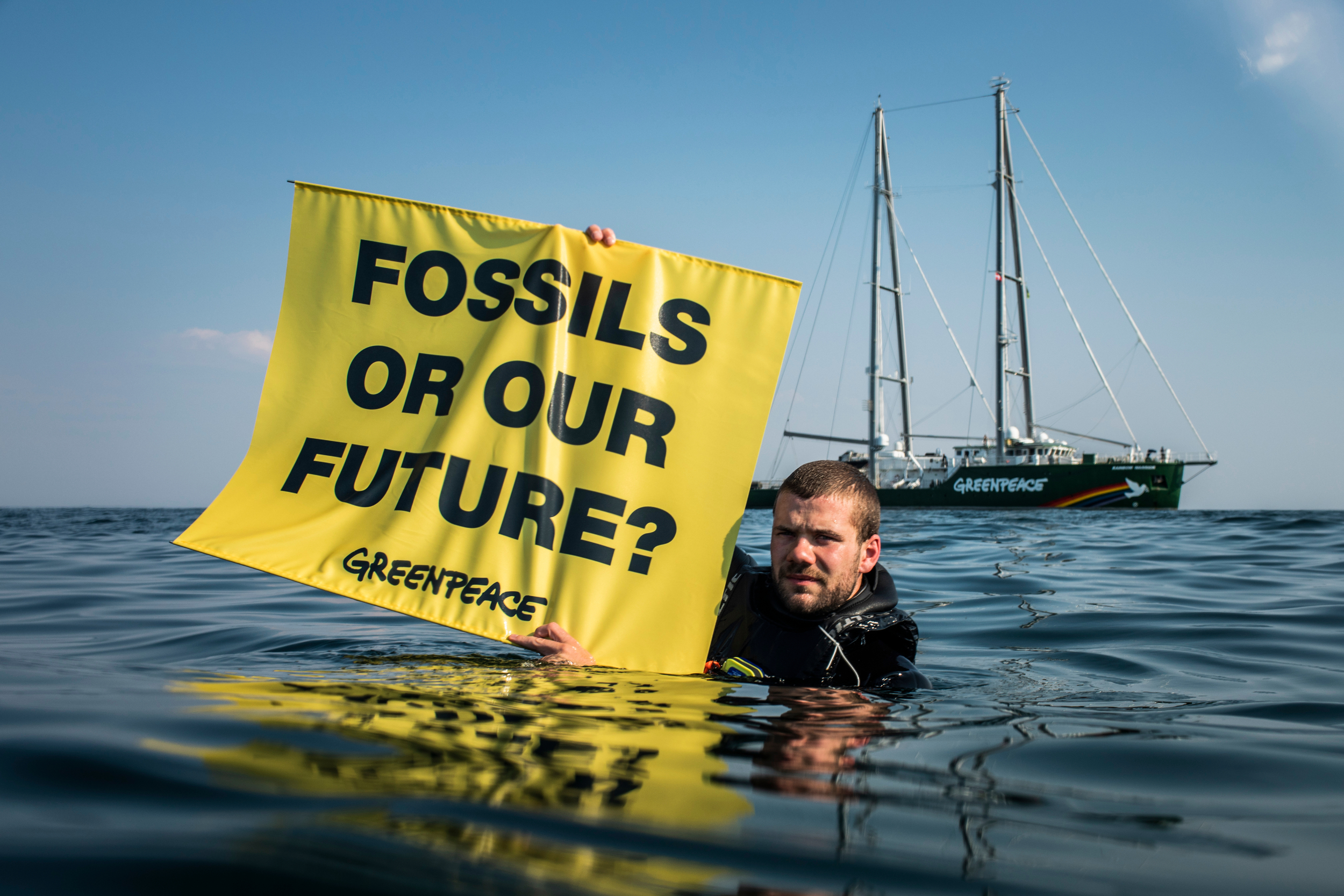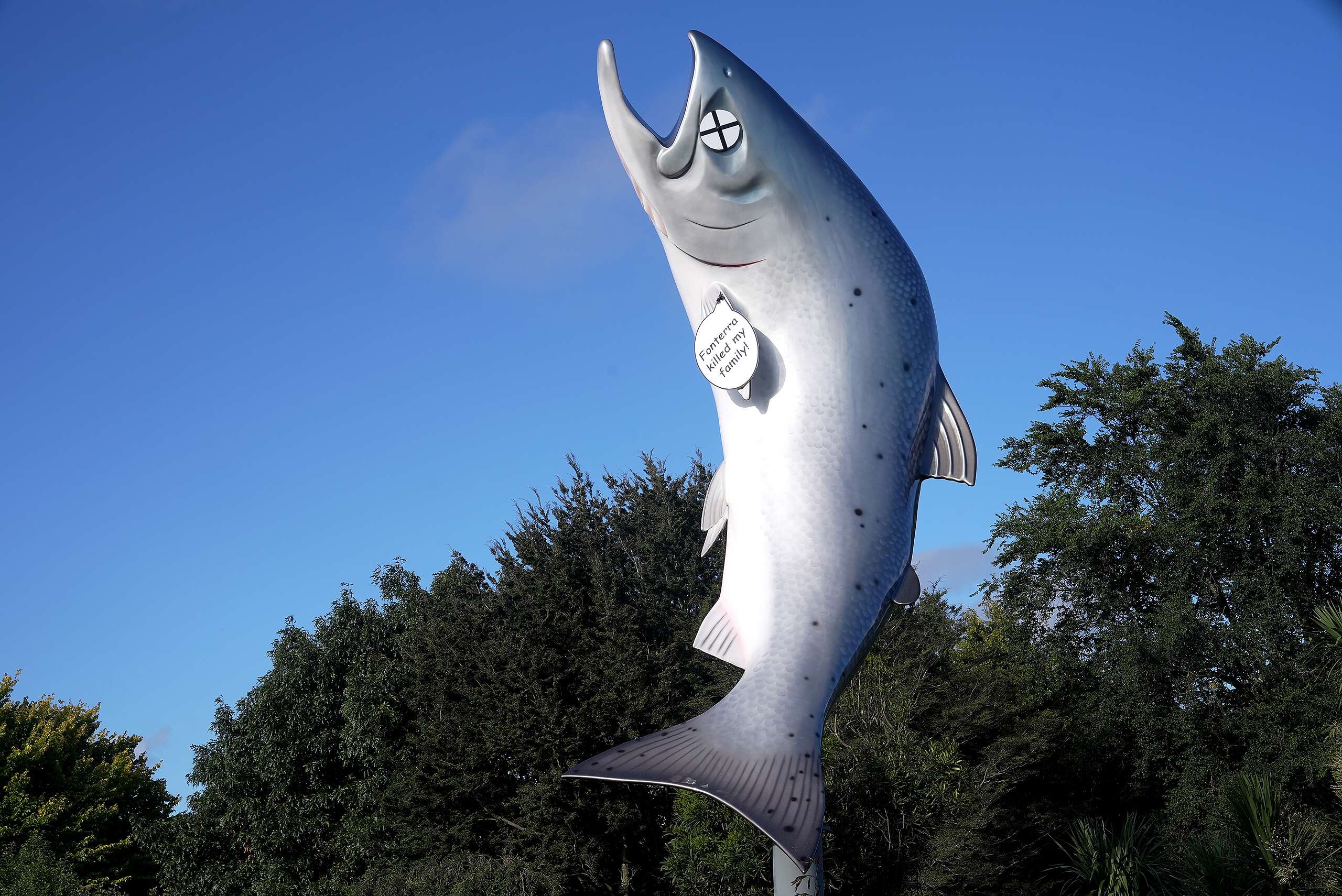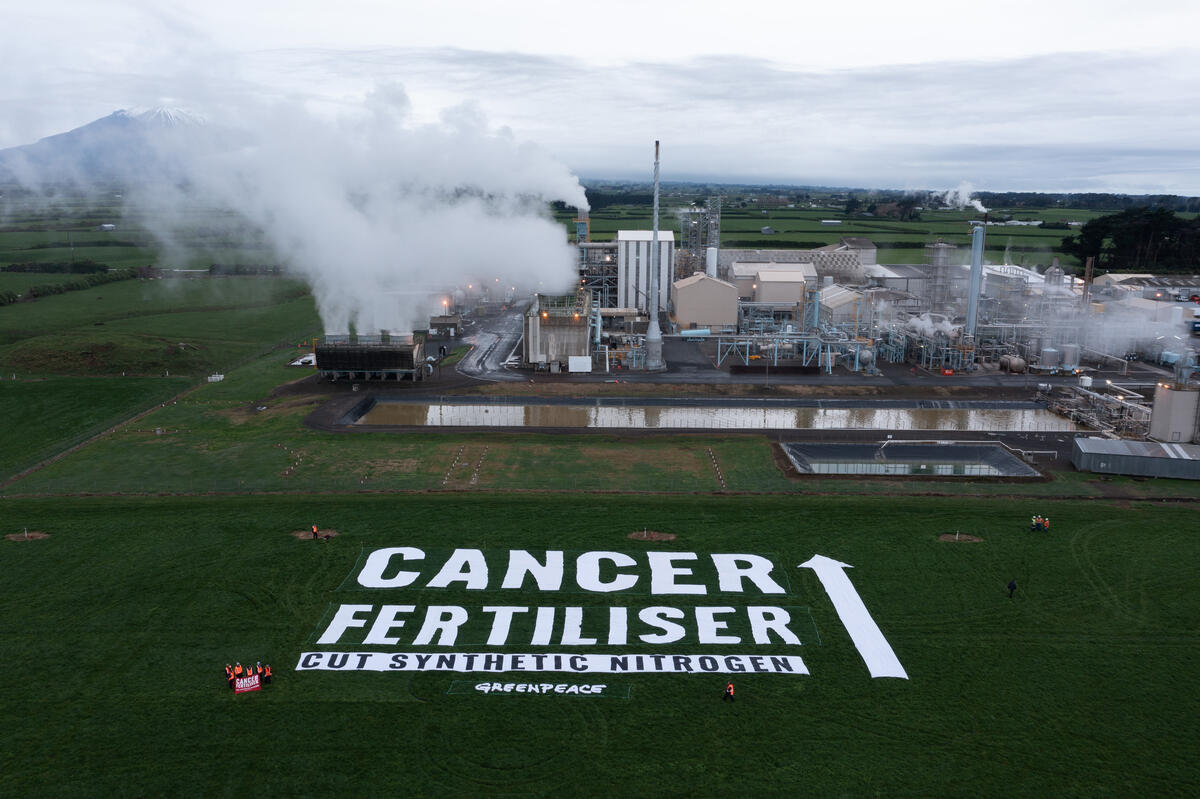Greenpeace agrees with Prime Minister Christopher Luxon that pulling out of the Paris Climate Agreement would be the “fastest, quickest” way to “punish farmers” – and is warning him not to weaken New Zealand’s methane target for the very same reason.
“Luxon is right: backing down on climate commitments would hammer New Zealand’s international credibility, our trade relationships, and the future of our farming sector,” says Greenpeace campaigner Amanda Larsson.
“That’s also exactly what will happen if Luxon caves and reduces New Zealand’s methane target. Seymour is rage-baiting the extremist edge of the farming community to grab headlines – Luxon mustn’t bite.”
Luxon today signalled that a decision on the methane target is imminent. The announcement is hotly anticipated after it made global headlines earlier this year. Dozens of leading scientists published an open letter on the front page of the Financial Times, urging him not to weaken the target but to strengthen it in line with advice from the independent Climate Change Commission.
Methane makes up nearly a third of global warming and is over 80 times more powerful than CO₂ in the short term. Slashing methane, particularly from livestock, is seen by scientists as the fastest way to slow warming in our lifetimes – a vital “emergency brake”.
Larsson added: “Luxon is right to call Seymour out – the majority of farmers, agribusiness leaders and companies know that ditching Paris is a disastrous idea. But Luxon needs to do more than just call out a cynical extremist. The same arguments he’s made in defence of Paris apply to the methane target.
“If the methane target is weakened, Fonterra will struggle to meet the climate commitments their biggest customers – like Nestlé – require. Our exports are already at risk as global markets demand food with lower climate and environmental footprints.”
Weakening methane action would also conflict with international climate law and trade agreements, and could carry legal consequences under the recent International Court of Justice advisory opinion and clauses in New Zealand’s trade deals with the EU and UK.
Greenpeace says a strong methane target is not only vital for climate action but also for driving the innovation needed to open New Zealand up to premium export markets.
Larsson says “Strong regulation must be paired with government support to help farmers transition to ecological practices that restore rivers, clean up drinking water and protect biodiversity – while meeting customer expectations.”
“David Seymour is playing a very cynical and self-serving game. True leadership requires the Government to be the torchbearer for a long-term vision for our primary sector – one that’s good for farmers, the economy, and future generations.”




